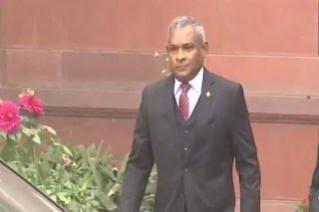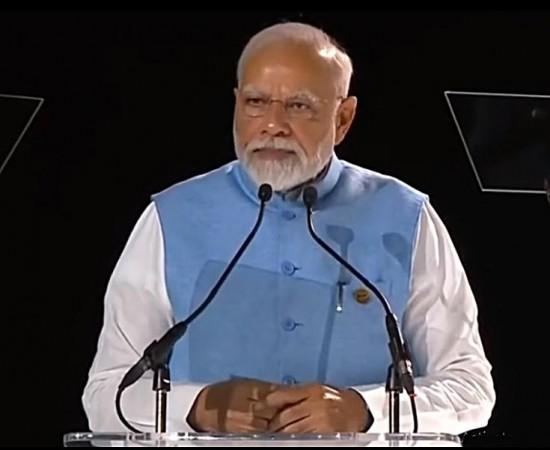
In a recent diplomatic row, India has summoned the Maldives High Commissioner Ibrahim Shaheeb over derogatory remarks made against Indian Prime Minister Narendra Modi. Shaheeb reached the Foreign Ministry's office at South Block in Delhi on Monday morning.
The controversy has sparked outrage on social media, with Indian netizens threatening to boycott the Maldives, a country heavily dependent on Indian tourism.
The derogatory comments were made by Malsha Shareef, Mariyam Shiuna, and Abdulla Mahzoom Majid, three deputy ministers at the Youth Ministry of Maldives, on social media platform X. The ministers were suspended on Sunday after their remarks caused an uproar on Indian social media.
Maldives responds to controversy
The Maldivian government, in its statement, clarified that these opinions were personal and did not represent the views of the government. The controversy erupted at a time when Maldives President Mohamed Muizzu left for a week-long visit to China. This has added to the existing tension between India and the Maldives, which escalated after Muizzu asked a contingent of about 75 Indian troops to leave the country after he came to power last year.
The Indian High Commission in Male raised this issue with the Maldives government on Sunday. High Commissioner Munu Mahawar had a pre-arranged meeting with H.E. Dr. Ali Naseer Mohamed, Ambassador at Large, at MoFA, Maldives, to discuss bilateral issues.
Israel Embassy's intervention
The derogatory remarks were made in response to a video promoting tourism in Lakshadweep, India's smallest Union Territory. The video was shared by PM Modi during his visit to the Union Territory on January 2 for the inauguration and foundation-laying ceremony of several development projects. Amidst this controversy, the Israel Embassy in India shared photos and a video of Lakshadweep on X, stating that they were ready to commence a desalination program in the region. The embassy had visited Lakshadweep last year upon the federal government's request to initiate the program.

Indian Foreign Ministry Spokesperson Randhir Jaiswal said last week in response to questions on Mr. Muizzu's visit to Beijing, "It is for them to decide where they go and how they go about their international relations."
This incident is reminiscent of past diplomatic rows between countries over derogatory remarks made by officials. Such incidents often lead to strained relations and require diplomatic interventions to resolve. The recent diplomatic row between India and the Maldives over derogatory remarks against PM Modi has led to a tense situation.

















